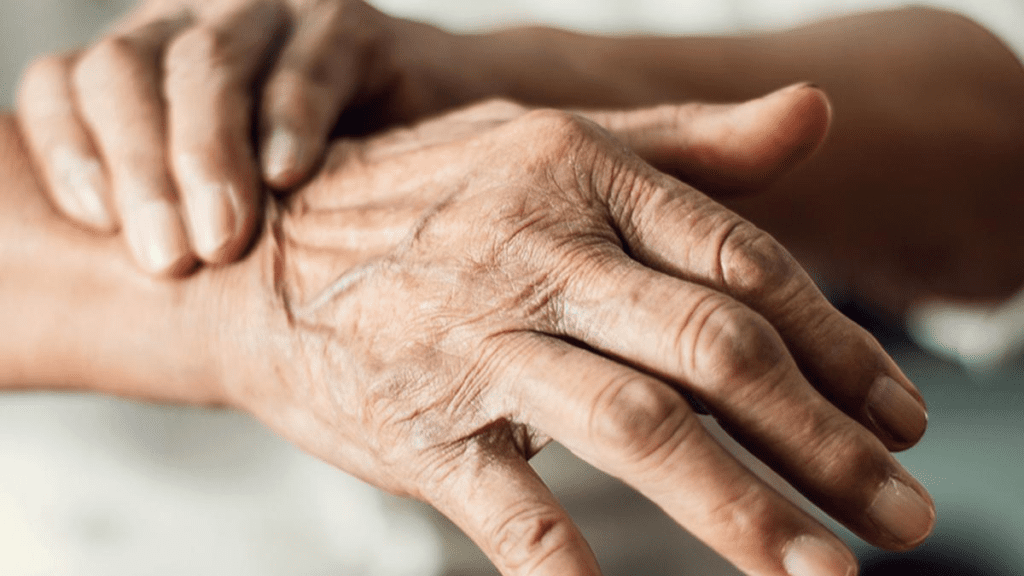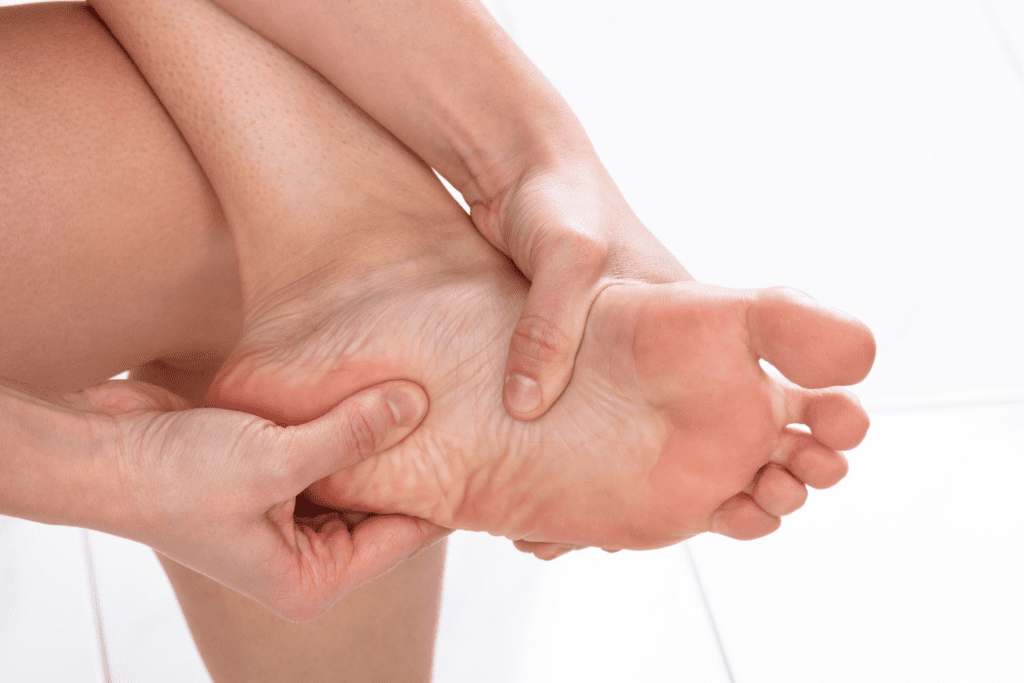
Guillain-Barré Syndrome (GBS) is a rare but severe autoimmune disorder affecting the peripheral nervous system. Symptoms include muscle weakness, paralysis, and potential long-term nerve damage. Infections like Campylobacter jejuni, Epstein-Barr virus, and influenza are linked to GBS. Poor diet, obesity, and malnutrition may increase the risk of developing GBS.Certain foods, including raw dairy, processed foods, and alcohol, should be avoided for better nerve health.
Key Highlights:
What is Guillain-Barré Syndrome?

Guillain-Barré Syndrome (GBS) is a rare but serious neurological disorder in which the body’s immune system mistakenly attacks the peripheral nervous system, leading to inflammation and nerve damage. This disruption impairs communication between the brain and muscles, often causing muscle weakness, tingling, and even paralysis.
According to the National Center for Biotechnology Information (NCBI), GBS typically begins with mild symptoms like tingling in the limbs but can quickly progress to full-body paralysis in severe cases. While most patients recover with proper medical care, some may suffer long-term nerve damage.
Causes and Risk Factors of GBS:

The exact cause of GBS remains unclear, but medical studies suggest that certain factors significantly contribute to its onset:
1. Infections That Trigger GBS:
Multiple studies published in PubMed have linked GBS to bacterial and viral infections, including:
- Campylobacter jejuni – One of the leading causes of foodborne illness, often found in undercooked poultry.
- Epstein-Barr virus – A virus responsible for mononucleosis (glandular fever).
- Influenza virus – Seasonal flu infections have been connected to GBS in some cases.
- Other viral infections – Cytomegalovirus (CMV) and Zika virus have also been linked to the disorder.
2. Obesity and Poor Nutrition:
- Research published in PubMed indicates that individuals with obesity and higher waist circumference may have an increased risk of developing GBS.
- A diet high in processed sugars, trans fats, and unhealthy oils contributes to metabolic disorders, which in turn affect the immune system.
3. Malnutrition and Vitamin Deficiencies:
- People with severe malnutrition or vitamin deficiencies, particularly Vitamin B12 and Vitamin D, may experience worsening nerve damage if diagnosed with GBS.
- A balanced diet rich in essential nutrients is crucial for maintaining nerve health and immune function.
Foods to Avoid for Better Nerve Health and Lower GBS Risk:
While no specific diet can prevent or cure GBS, certain foods may increase inflammation, weaken immunity, and contribute to nerve damage. Here are some foods to avoid if you have or are at risk of developing GBS:
1. Undercooked Poultry and Contaminated Food:
- Why? Campylobacter jejuni, a major cause of foodborne illness, is strongly linked to GBS.
- Avoid: Raw or undercooked chicken, contaminated water, and unhygienic food preparation.
- Solution: Always cook poultry thoroughly to eliminate harmful bacteria.
2. Unpasteurized Dairy Products:
- Why? Raw milk and soft cheeses may contain Listeria monocytogenes, a bacterium associated with infections that can trigger GBS.
- Avoid: Unpasteurized milk, soft cheeses (local paneer, blue cheese, brie, etc.).
- Solution: Opt for pasteurized dairy products to reduce bacterial contamination risks.
3. Processed and Fast Foods:
- Why? These foods are often high in trans fats, preservatives, and chemical additives, which can trigger chronic inflammation and impair the immune system.
- Avoid: Packaged snacks, fried foods, processed meats, and fast food.
- Solution: Choose whole, natural foods rich in essential nutrients.
4. Alcohol and Excessive Sugar:
- Why? According to the NCBI, alcohol consumption contributes to nerve damage and immune dysfunction, potentially worsening autoimmune diseases like GBS.
- Avoid: Alcoholic beverages, sugary sodas, and artificially sweetened drinks.
- Solution: Drink water, herbal teas, and fresh juices for better hydration and immune health.
5. Inflammatory Foods:
- Why? Chronic inflammation plays a role in autoimmune diseases like GBS, and certain foods exacerbate inflammatory responses in the body.
- Avoid:
- Red and processed meats
- Refined carbohydrates (white bread, pasta, pastries)
- Artificial additives and MSG
- Solution: Consume anti-inflammatory foods like fatty fish, nuts, green leafy vegetables, and turmeric.
How to Support Nerve Health Naturally?

In addition to avoiding harmful foods, incorporating nerve-boosting nutrients into your diet can help improve overall nerve function:
- Vitamin B12 – Found in fish, eggs, dairy, and fortified cereals.
- Vitamin D – Sunlight exposure, dairy, and mushrooms are good sources.
- Omega-3 Fatty Acids – Found in salmon, flaxseeds, and walnuts.
- Antioxidants – Found in berries, nuts, and green vegetables.
Guillain-Barré Syndrome (GBS) is a complex neurological disorder with no known cure, but understanding its triggers and managing dietary choices can help support nerve health and potentially reduce risks. Avoiding contaminated foods, processed meals, and inflammatory ingredients while adopting a nutrient-rich diet is essential for maintaining a strong immune system.
For more health insights and expert tips, stay tuned to Hindustan Herald!
Do you have any questions about Guillain-Barré Syndrome? Let us know in the comments below!
The Hindustan Herald Is Your Source For The Latest In Business, Entertainment, Lifestyle, Breaking News, And Other News. Please Follow Us On Facebook, Instagram, Twitter, And LinkedIn To Receive Instantaneous Updates. Also Don’t Forget To Subscribe Our Telegram Channel @hindustanherald
